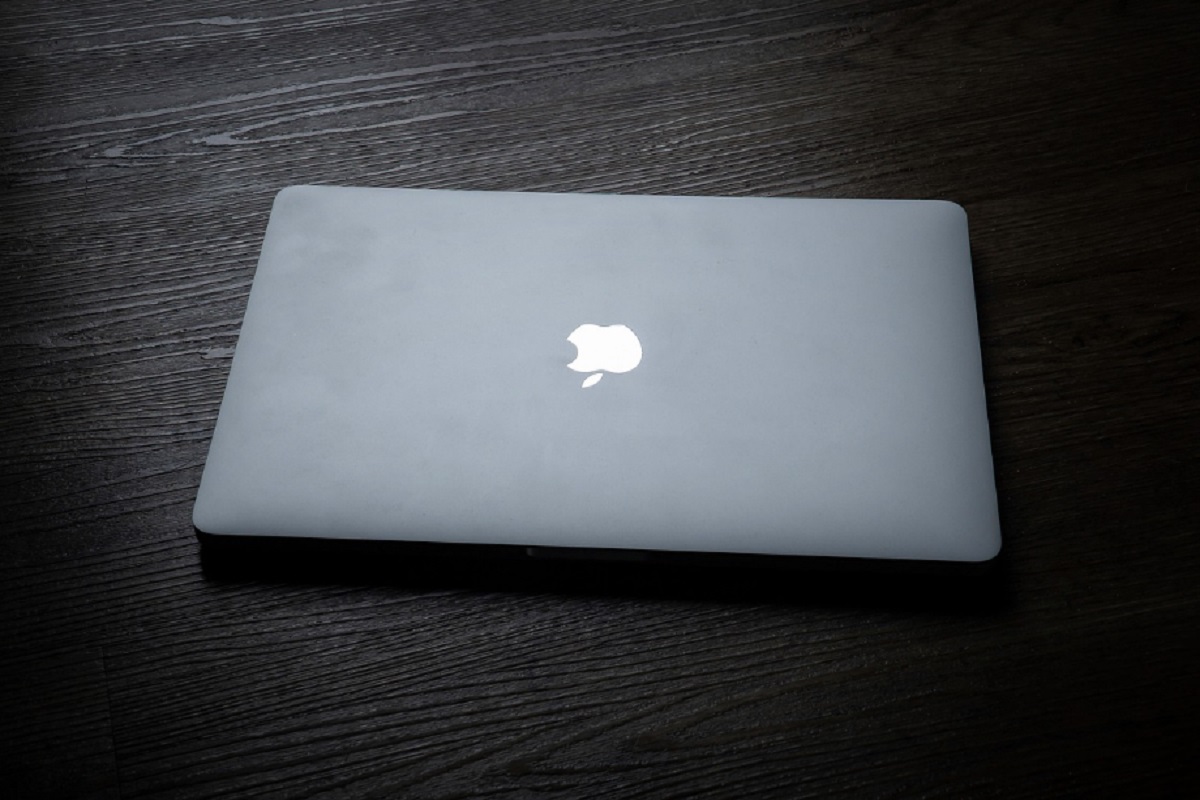The media reported on Apple’s intention to transfer its lawsuit with Epic Games to the US Supreme Court.

In a court statement, the technology giant stated its intention to appeal to the US Supreme Court with a request to consider a complaint against the decision of the 9th Circuit Court of Appeals, which was issued last Friday, June 30. Friday’s ruling upheld most of the 2021 judgment. This outcome of the trial rejected the claims of Apple and Epic Games. The companies intended to cancel the court decision of April this year, which left in force the resolution of 2021.
For Apple, the two-year-old court decision is a fundamental issue that it seeks to resolve in its favor. The resolution of 2021 provides that the technology giant does not have the right to impose a ban that deprives developers of the opportunity to offer consumers payment options that involve financial transactions outside the App Store.
The company, as part of the trial, defends the position that the 9th Circuit went beyond its powers by issuing a nationwide injunction. The tech giant also said that its petition to the Supreme Court draws attention to important questions about judges who make decisions that have long-term consequences of a global nature.
Epic Games has filed a petition to the 9th District Court asking it to confirm its claims that Apple’s practice of restricting the distribution of applications and payment services is a violation of antitrust laws.
The April decision of the Court of Appeal upheld Apple’s commitment not to prohibit links that allow payments outside the App Store. At the same time, the court recognized that the technology giant was not involved in the violation of antimonopoly legislation.
The founder and CEO of Epic Games, Tim Sweeney, commenting on the April outcome of the trial, described this ruling as positive, since it frees iOS developers from having to send consumers to the Internet to do business with them directly there.
The history of the legal confrontation between Apple and Epic began in 2020. The reason for this struggle was the removal of Epic Fortnite from the App Store. The tech giant made this decision because Epic came up with a scheme to bypass the need to pay a 30 percent commission for purchases in the Apple app. The trial began in 2021.
At the beginning of the legal standoff, Apple compared Epic to a shoplifter. The technology giant thus very transparently and unambiguously hinted that the commission fee is a legitimate part of the product cost, and evasion of its payment belongs to the category of actions outside the regulatory framework. Epic stated that Apple did not provide sufficient argumentation to fully prove the fact that the scheme of circumvention of the financial obligation would cause significant damage to the iPhone manufacturer.
As we have reported earlier, Apple Defies EU Over Antitrust Charges in Spotify Probe.









